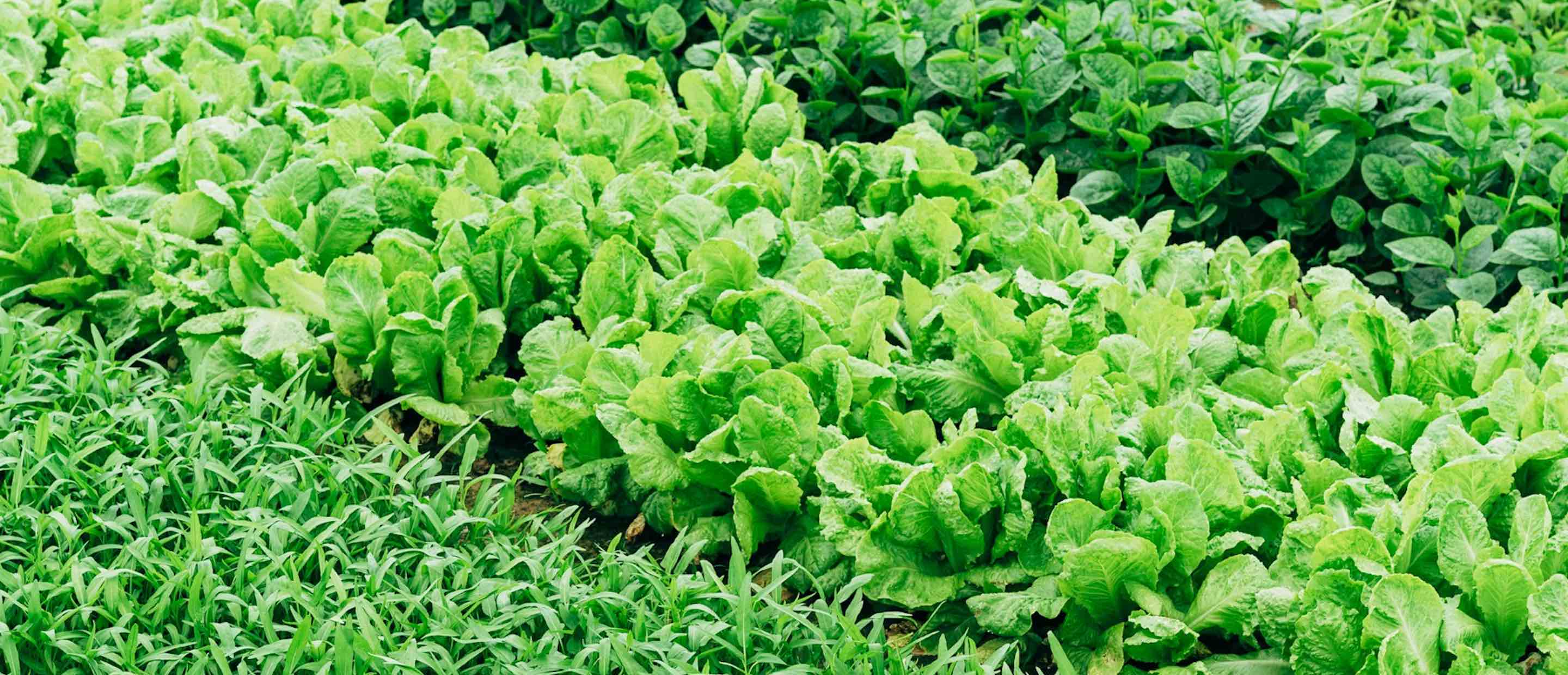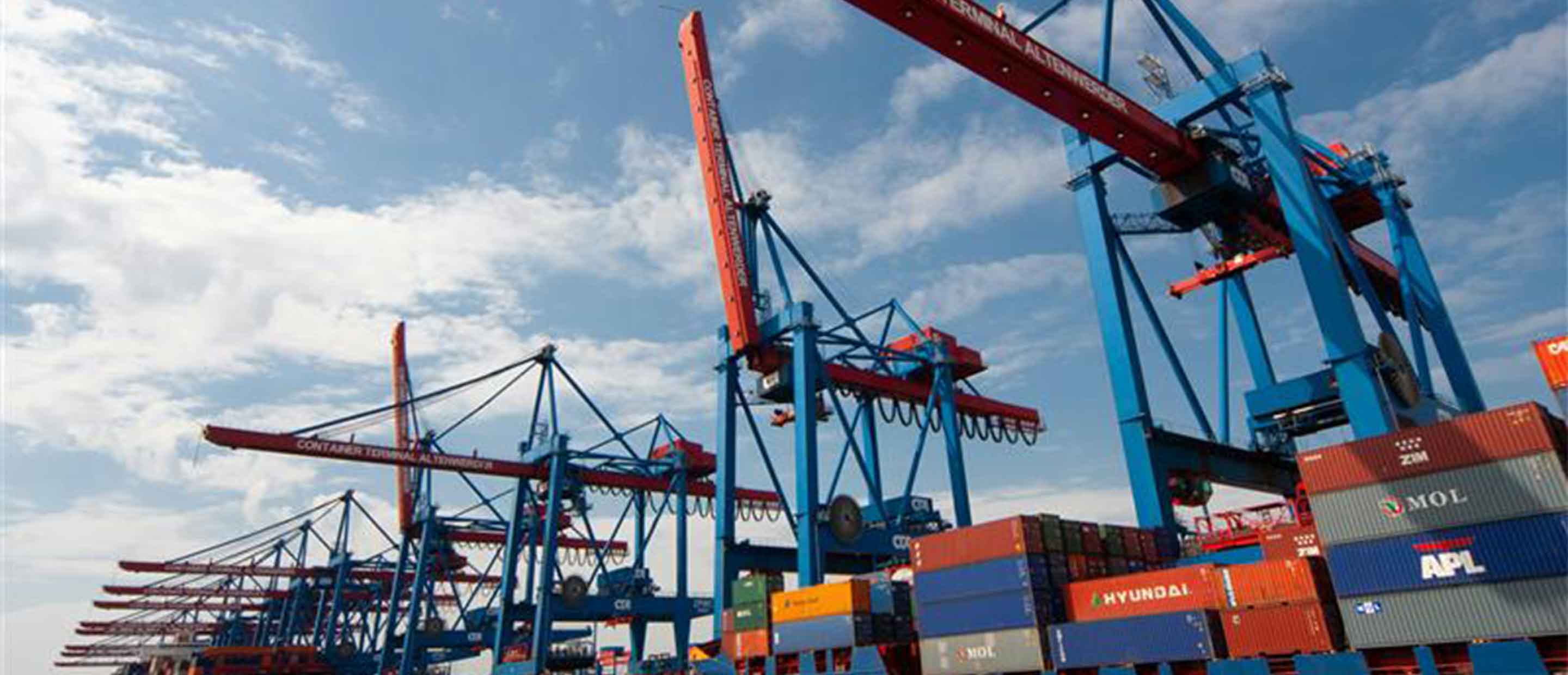Food systems (FS) include the full range of activities involved in the production, aggregation, processing, distribution, consumption and disposal of food products that originate from agriculture, forestry or fisheries. FS have multiple sub-systems (e.g. input supply, waste management) which are in turn linked to key non-food areas (e.g. energy, trade, health, etc.). Actions in other areas (e.g. promotion of more biofuel in the energy system) can have a significant impact on FS.
Sustainable food systems (SFS) can be defined as FS that deliver food security and nutrition in ways that are sustainable in economic, social and environmental terms – for example, are profitable, have broad-based benefits for society and a positive or neutral impact on the natural environment.
This Long Term Investment Theme (LTIT) resulted from the split of the previous LTIT Land resources, which we communicated at the beginning of 2024 as part of our annual outlook. From last year's report on land resources, we concluded that SFS is a LTIT in its own right.
Key takeaways:
Sustainable food systems (SFS) deliver food security and nutrition in ways that are sustainable in economic, social and environmental terms. Transitioning towards sustainable food systems could open up business opportunities worth USD4.5 trillion per year by 2030.
An investment in equity indices that pursue the strategy of benefiting from the transition from the current food system (FS) to an SFS typically has the largest exposure to the Materials, Industrials and Consumer Staples sectors.
Given the positive earnings expectations for the coming years, the long-term growth potential and the fact that SFS companies tend to outperform in a low interest rate environment, long-term investors may use potential setbacks in the course of the year – which we believe are possible – as an opportunity to enter this promising Long Term Investment Theme.







